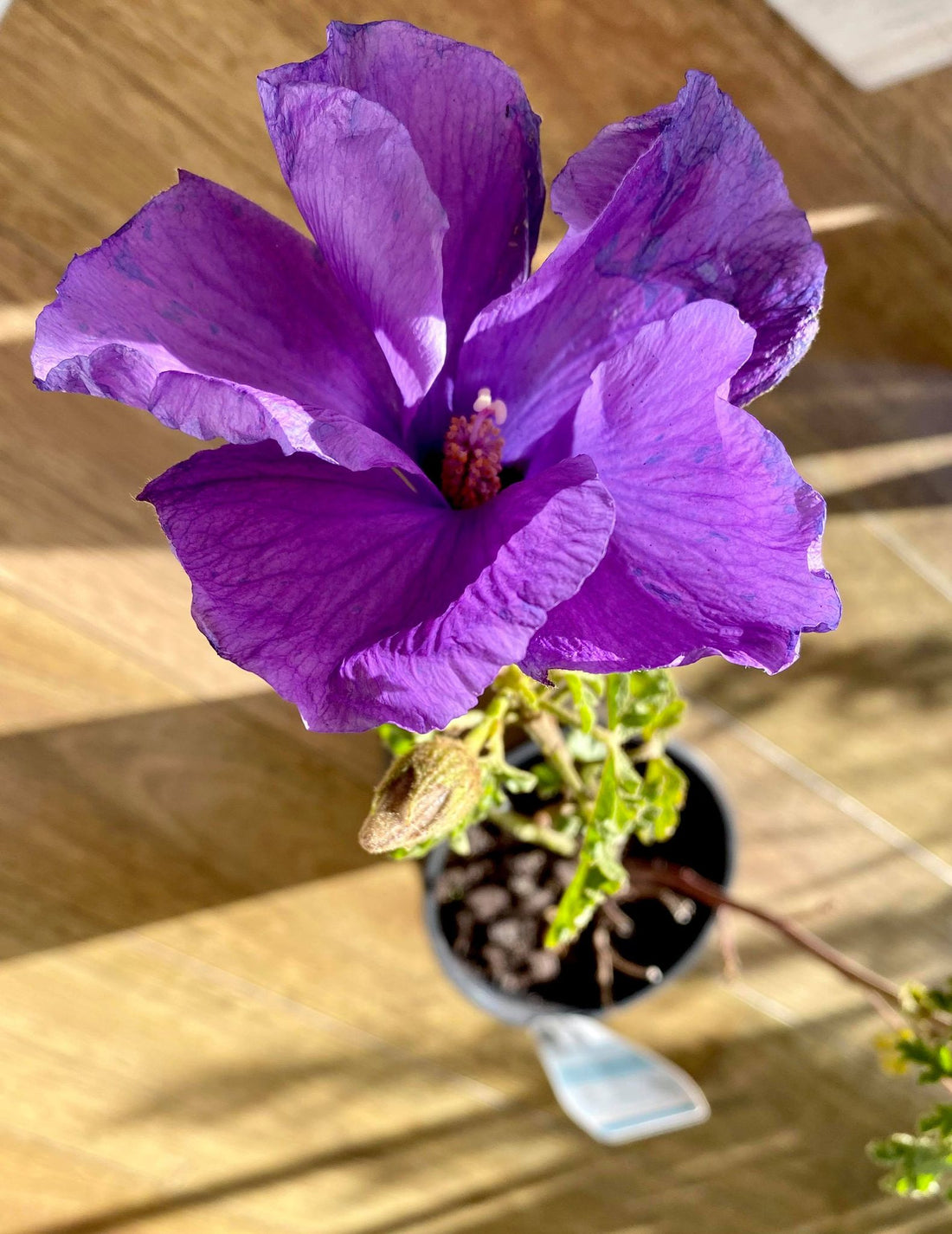
How to Create a Children's Garden: Fun and Educational Ideas 2024
Share
How to Create a Children's Garden: Fun and Educational Ideas 2024
Last updated 10/09/2024
A children’s garden is a fantastic way to introduce kids to the wonders of nature and gardening. It’s a place where they can learn, play, and grow their own plants. This guide offers fun and educational ideas for creating a children’s garden. For child-friendly plants and gardening supplies, visit Wholesale Plants.
Choosing the Right Plants
Select plants that are safe, easy to grow, and interesting for children.
Best Plants for a Children's Garden 1. Sunflowers (Helianthus)
- Description: Tall and vibrant, sunflowers are easy and quick to grow.
- Care Tips: Requires full sun and regular watering.
2. Cherry Tomatoes
- Description: Sweet, bite-sized fruits that children love to pick and eat.
- Care Tips: Needs full sun and consistent moisture.
3. Marigolds
- Description: Bright and colorful, these flowers deter pests and are easy to grow.
- Care Tips: Prefers full sun and well-drained soil.
4. Radishes (Raphanus sativus)
- Description: Quick-growing and rewarding for impatient gardeners.
- Care Tips: Requires full sun and regular watering.
5. Strawberries (Fragaria × ananassa)
- Description: Delicious fruits that kids love to harvest.
- Care Tips: Needs full sun and well-drained soil.
Fun Garden Projects for Kids
Engage children with hands-on projects that are fun and educational.
Planting a Sensory Garden
- Concept: Grow plants that stimulate the senses with different textures, scents, tastes, and colors.
- Plants to Use: Lamb's ear (touch), lavender (smell), edible flowers (taste), and colorful annuals (sight).
Fairy or Dinosaur Gardens
- Concept: Create miniature themed gardens with fairy houses, small dinosaurs, or other imaginative figures.
- Materials Needed: Small plants, decorative items, and accessories to build scenes.
Vegetable and Herb Patch
- Concept: Grow easy-to-care-for vegetables and herbs that children can harvest and use in cooking.
- Plants to Use: Lettuce, spinach, basil, and mint.
Sunflower House
- Concept: Plant sunflowers in a circle to create a living playhouse as they grow.
- Steps: Sow sunflower seeds in a large, circular pattern, leaving an opening for a doorway.
Educational Activities
Incorporate learning activities to teach children about gardening and nature.
Plant Life Cycle
- Activity: Show kids the stages of plant growth from seeds to mature plants.
- Tools Needed: Different seeds, pots, soil, and magnifying glass.
Composting
- Activity: Teach children about composting kitchen scraps and garden waste.
- Tools Needed: Compost bin, organic materials, and a small outdoor space.
Garden Journals
- Activity: Help kids keep a gardening journal to track plant growth and garden activities.
- Tools Needed: Notebooks, pens, and stickers for decoration.
Bug Hunts
- Activity: Explore the garden to find and identify beneficial insects.
- Tools Needed: Magnifying glass, bug containers, and identification cards or apps.
Safety Tips
Ensure a safe and enjoyable gardening experience for children.
Safety Measures
- Tools: Provide child-sized, safe garden tools.
- Supervision: Always supervise young children while gardening.
- Non-toxic Plants: Avoid planting toxic plants and teach children not to eat unknown plants.
Healthy Habits
- Sun Protection: Make sure children wear hats and sunscreen.
- Hydration: Encourage regular water breaks to stay hydrated.
Conclusion
Creating a children's garden is a rewarding way to foster a love for nature and gardening in kids. By choosing the right plants, incorporating fun projects, and ensuring safety, you can create an enjoyable and educational garden space. For a wide selection of child-friendly plants and gardening supplies, visit Wholesale Plants.
